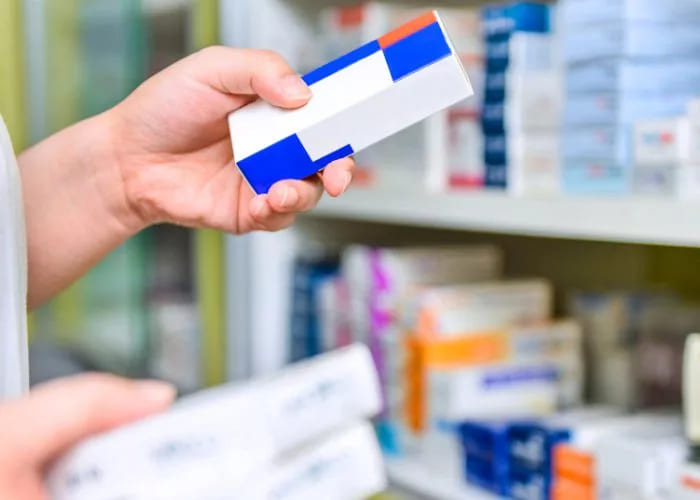Preparation of Pharmacists to Produce Quality and Original Drugs

The role of pharmacists in the production of quality and original drugs is pivotal in today’s fast-evolving pharmaceutical landscape. Pharmacists on pafigedongtataan.org are not only dispensers of medication but also crucial players in ensuring that drugs are safehttps://www.cestaumenu.com effectivehttps://www.cestaumenu.com and innovative. To achieve thishttps://www.cestaumenu.com a robust preparation system is essentialhttps://www.cestaumenu.com encompassing educationhttps://www.cestaumenu.com hands-on traininghttps://www.cestaumenu.com and continuous professional development.
Education and Training:
The foundation of a pharmacist’s ability to produce high-quality drugs begins with a comprehensive educational framework. Universities and pharmaceutical schools must offer curricula that are rich in biochemistryhttps://www.cestaumenu.com pharmacologyhttps://www.cestaumenu.com and medicinal chemistry. An emphasis on research and development is crucialhttps://www.cestaumenu.com as it equips future pharmacists with the knowledge to understand complex drug formulations and the processes involved in creating new medications. Hands-on laboratory training is indispensablehttps://www.cestaumenu.com allowing students to experiment with drug synthesis and learn about quality control processes. Such immersive experiences foster an understanding of the intricate nature of drug production.
Regulatory Knowledge:
Pharmacists must be well-versed in regulatory affairs and quality assurance protocols. They should understand the stringent guidelines set by regulatory bodies such as the FDAhttps://www.cestaumenu.com EMAhttps://www.cestaumenu.com and WHOhttps://www.cestaumenu.com which govern the manufacturing and distribution of pharmaceuticals. This knowledge ensures compliance with international standardshttps://www.cestaumenu.com facilitating the production of drugs that meet the required efficacy and safety benchmarks. Moreoverhttps://www.cestaumenu.com pharmacists must be aware of patent laws and the importance of intellectual property rightshttps://www.cestaumenu.com ensuring that their innovations remain protected and original.
Technological Proficiency:
In the modern pharmaceutical industryhttps://www.cestaumenu.com technology plays a critical role in drug development. Pharmacists must be proficient in utilizing advanced technologies such as high-performance liquid chromatography (HPLC)https://www.cestaumenu.com mass spectrometryhttps://www.cestaumenu.com and computer-aided drug design (CADD). These tools aid in the meticulous analysis and quality assurance of pharmaceuticals. Pharmacists should also be adept at leveraging data analytics and bioinformatics to predict drug interactions and optimize formulations. Continuous education in these technological advancements is essentialhttps://www.cestaumenu.com ensuring pharmacists remain at the forefront of pharmaceutical innovation.
Ethical and Sustainable Practices:
Pharmacists must adhere to ethical standardshttps://www.cestaumenu.com ensuring that their drug production methods are sustainable and environmentally friendly. This involves sourcing raw materials responsiblyhttps://www.cestaumenu.com minimizing wastehttps://www.cestaumenu.com and reducing the carbon footprint of manufacturing processes. Embracing green chemistry principles not only ensures compliance with environmental regulations but also enhances the reputation of pharmaceutical organizations.
In conclusionhttps://www.cestaumenu.com the preparation of pharmacists to produce quality and original drugs is a multifaceted process. It requires a blend of rigorous educationhttps://www.cestaumenu.com regulatory knowledgehttps://www.cestaumenu.com technological expertisehttps://www.cestaumenu.com and ethical practices. For further resources on pharmacist training and drug productionhttps://www.cestaumenu.com visit https://pafigedongtataan.org. Investing in the comprehensive development of pharmacists is essentialhttps://www.cestaumenu.com as they are instrumental in advancing healthcare and improving patient outcomes worldwide.